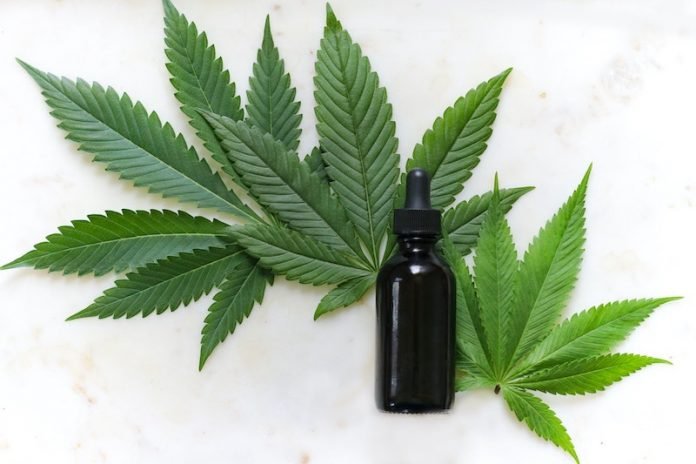
In a new study from Watford General Hospital in the UK, researchers found a daily cannabis oil user whose lung tumor shrank without the aid of conventional treatment.
They suggest it may be worth exploring further the use of cannabidiol (‘CBD’) oil as a potential lung cancer treatment.
The body’s own endocannabinoids are involved in various processes, including nerve function, emotion, energy metabolism, pain and inflammation, sleep and immune function.
Chemically similar to these endocannabinoids, cannabinoids can interact with signaling pathways in cells, including cancer cells.
Lung cancer remains the second most common cancer in the UK. Despite treatment advances, survival rates remain low at around 15% five years after diagnosis. And average survival without treatment is around 7 months.
In the study, the team described the case of a woman in her 80s, diagnosed with non-small cell lung cancer. She also had mild chronic obstructive pulmonary disease (COPD), osteoarthritis, and high blood pressure, for which she was taking various drugs.
She was a smoker, getting through around a pack plus of cigarettes every week (68 packs/year).
Her tumor was 41 mm in size at diagnosis, with no evidence of local or further spread, so was suitable for conventional treatment of surgery, chemotherapy, and radiotherapy.
But the woman refused treatment, so was placed under ‘watch and wait’ monitoring, which included regular CT scans every 3-6 months.
These showed that the tumor was progressively shrinking, reducing in size from 41 mm in June 2018 to 10 mm by February 2021, equal to an overall 76% reduction in maximum diameter, averaging 2.4% a month.
When contacted in 2019 to discuss her progress, the woman revealed that she had been taking CBD oil as an alternative self-treatment for her lung cancer since August 2018, shortly after her original diagnosis.
She had done so on the advice of a relative, after witnessing her husband struggle with the side effects of radiotherapy. She said she consistently took 0.5 ml of the oil, usually three times a day, but sometimes twice.
The supplier had advised that the main active ingredients were Δ9-tetrahydrocannabinol (THC) at 19.5%, cannabidiol at around 20%, and tetrahydrocannabinolic acid (THCA) at around 24%.
The supplier also advised that hot food or drinks should be avoided when taking the oil as she might otherwise feel stoned. The woman said she had reduced appetite since taking the oil but had no other obvious ‘side effects’.
There were no other changes to her prescribed meds, diet, or lifestyle. And she continued to smoke throughout.
This is just one case report, with only one other similar case reported, caution the authors. And it’s not clear which of the CBD oil ingredients might have been helpful.
Cannabis has a long ‘medicinal’ history in modern medicine, having been first introduced in 1842 for its analgesic, sedative, anti-inflammatory, antispasmodic and anticonvulsant effects.
And it is widely believed that cannabinoids can help people with chronic pain, anxiety and sleep disorders; cannabinoids are also used in palliative care, the team says.
If you care about cancer, please read studies about this drug may cut lung cancer in people with COPD and findings of this less invasive surgery for lung cancer may help people recover fast.
For more information about cancer and your health, please see recent studies about these common drugs may harm your lung health and results showing that keto diet alone may help protect against lung cancer.
The study is published in BMJ Case Reports. One author of the study is Kah Ling Liew.
Copyright © 2021 Knowridge Science Report. All rights reserved.



